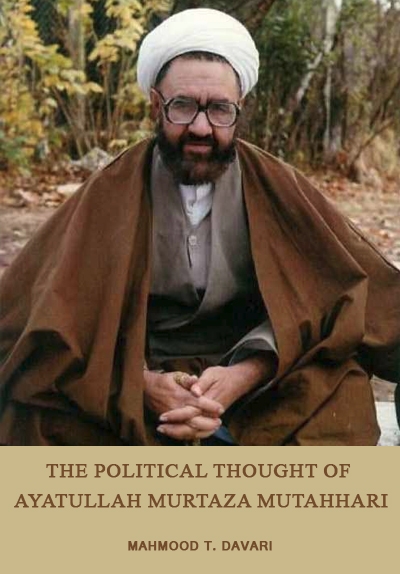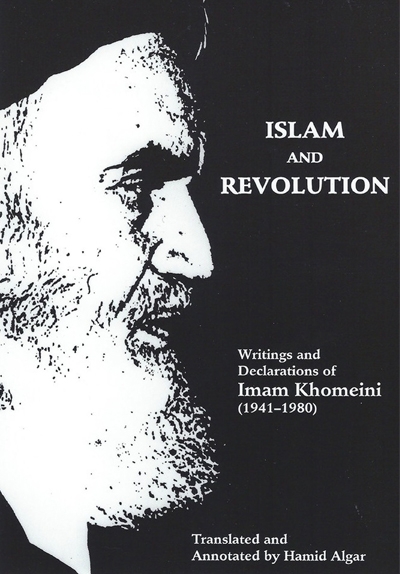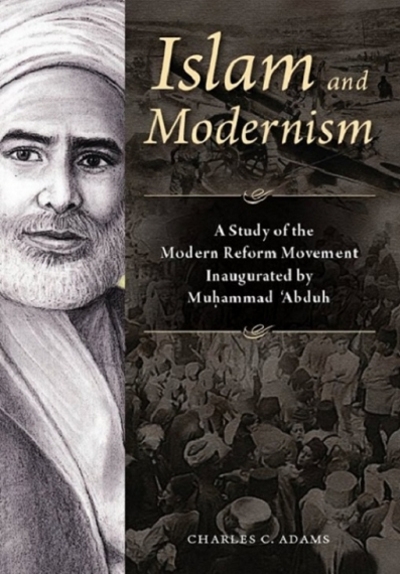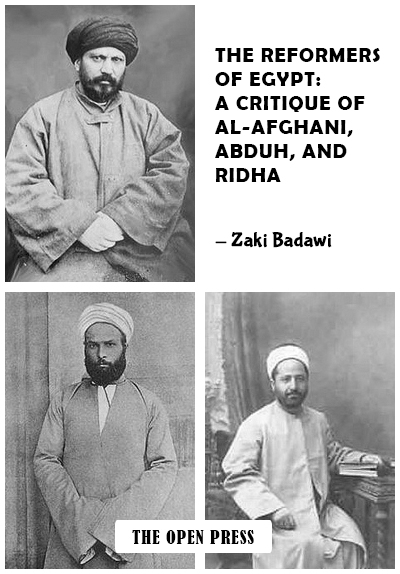The Islamic Political Theory of Muhammad Baqir al-Sadr of Iraq
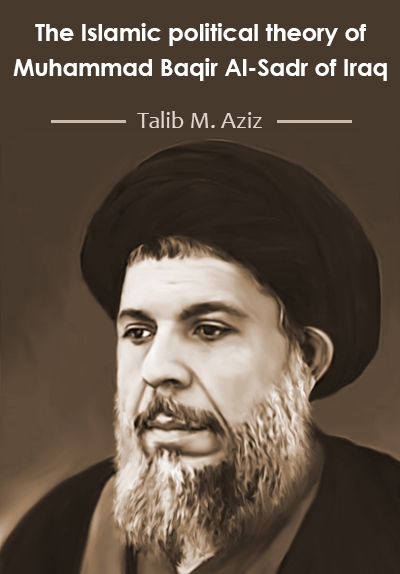
Author(s): Talib M. Aziz
Published on: Muharram, 1412 1991-08
No. of Pages: 393
Preface
by Talib M. Aziz
When I began my studies in political science at the University of Akron, Ohio, I was impressed by the way political philosophy and theories dealt with the intriguing issues of politics, the depth of their analysis and their logical and systematic way of dealing with political problems. Initially, I was interested in international politics both intellectually and as a future career goal.
Later however, I got into and found self-satisfaction with the field of political science namely "political thought." This interest was in part due to Professor Richard Franklin with whom I took two survey courses in Western political thought. For me that was a start in the right direction. I learned from Professor Franklin the history of political philosophy, the major issues that concerned different philosophers, and the way they approached them to find a rational solution. His objectivity and comparative analysis of various philosophical views led to me to ask whether there is a contemporary Arab or Muslim thinker with such an outlook to the political problems facing our part of the world.
There are, of course, many Muslim thinkers and intellectual leaders who are popular among the masses and whose books and writings fill the shelves of bookstores in the Middle East. For example, Ayatollah Khomeini, Sayyid Qutb, Alama Tabataba'iy, Ali Shariati, Murdha Muttahiri, Muhammad H. Fadlallah and Muhammad Baqir al Sadr. I had read most of their works, and started to question the objectivity, but definitely not the sincerity, of their political views and political programs. Do they really understand or pinpoint the major sociopolitical issues facing our society? What is the scope and depth of their analysis? How about their political programs and goals? What are the objective differences between their proposals and the status quo aside from the subjective differences of ideology and beliefs between the two? These questions would never have occurred to me before I exposed myself to discourses of various political philosophers. I became intellectually and politically mature and started to question the basic assumptions of my guru, so to speak, Muhammad Baqir al-Sadr.
It is then that I made my decision to write about his political thought. Why him and not somebody else? Works of other thinkers mentioned above have either been exposed by scholars in the West, or they present no major intellectual treatises of value to analyze. Most of the writings of Ayatollah Khomeini are either in mysticism or jurisprudence and the rest are political speeches. I value that he was a political leader, and not a theorist. Sayyid Qutb and Ali Shariati are highly exposed in the academic literature. Most of the works of Allama Tabataba'iy are about philosophy, especially about epistemology and metaphysics, while Muttahiri took the role of expounding on the thoughts of his mentor, Tabataba'iy. Fadlallah and Sadr were close friends and colleagues and were at the beginning my candidates for study. However, Fadlallah's writings are mostly about the means of Islamic political activism. This left me with only one person who I thought would be qualified to be presented as a modern Islamic political thinker and who made a sincere effort to formulate a well defined political theory. Muhammad Baqir al-Sadr's writings cover a wide range of topics and fields. Such a broad range of intellectual work is what has made Sadr famous among Islamists in the Middle East.
I had read or been exposed to most of his writings. However, I placed them under critical and thorough investigation only after my training in the discipline of political science. Here it seemed as if I was rediscovering Sadr and really understanding the political objectives of his writing. I believe that when he was exposed to Western intellectual thought such as that of Marx, Hegel, Rousseau, Locke, and others, he realized the shortcoming of Islamic scholars in dealing with political issues and thus he was determined to fill the gap. He introduced to Muslim intellectuals, who were influenced by Western political thoughts, an Islamic political theory well-elaborated and rationalized to be able to triumph over Western political theories. This work would not have come to realization without the help and the guidance of Professor Bernard Weiss of the Middle East Center, University of Utah. I benefited from him first through the different courses I took with him in Islamic law, jurisprudence, and political thought, a discipline in which he enjoys authority. Additionally, I am greatly indebted to his thorough analysis, insightful comments, and elaborate editing to bring the study to such a standard. And my thanks to other members of my research committee, namely Professor Ibrahim Karawan, Professor Kimbell, Professor Giffen, and Professor Mossarie for their advice.
I am grateful to those who helped me with information about the life and political activism of the late Sadr, namely: Talib al-Refai, and A.H.F. (his name kept anonymous for security reasons). Both were among the founders of the Islamic Dacwah Party and both helped me with their historical account of the early days of Sadr's political activism. Kazim al-Ha'iri and Muhammad B. al-Hakim, both students and disciples of Sadr, provided me with information and literature they sent me about their mentor. Ahmad Kubba offered recollections about his activity and participation in organizing one of the first demonstrations that sparked popular support for Sadr in the late seventies. Many friends and close relative helped me in the process. I would like to thank gratefully Abbas Zaini for his aid in contacting several of Sadr's associates, Jamal Barakat for realizing certain aspects of this study during our regular yet heated debates about Islamic and political issues, and Mukhtar Hashimi and Abdul A. Qatam and Abtihal Raji for their help and encouragement. My parents get the most credit for their continuous support and motivation. Unfortunately life ended so quickly for my mother that she did not realize what she had hoped to see of her son.
And finally, I am overwhelmingly indebted to my wife, Juman, for her comments, support and encouragement, without which this work could not have been achieved. After all, in front of every great woman, there is a man who takes up the credit.
T.M.A.
Los Angeles, CA
November 30, 1990
(© Talib M. Aziz)
(Disclaimer: This material is made available here strictly for educational purposes)
